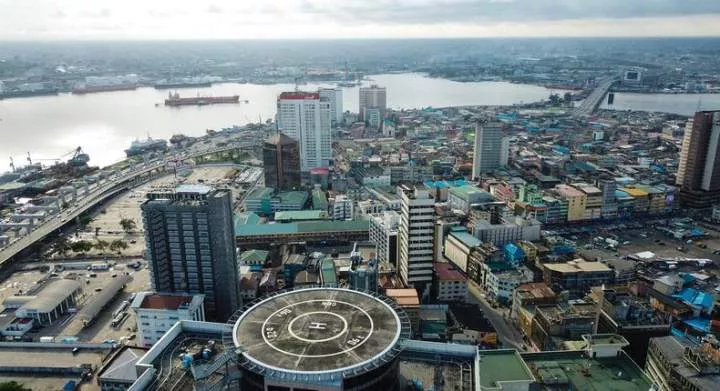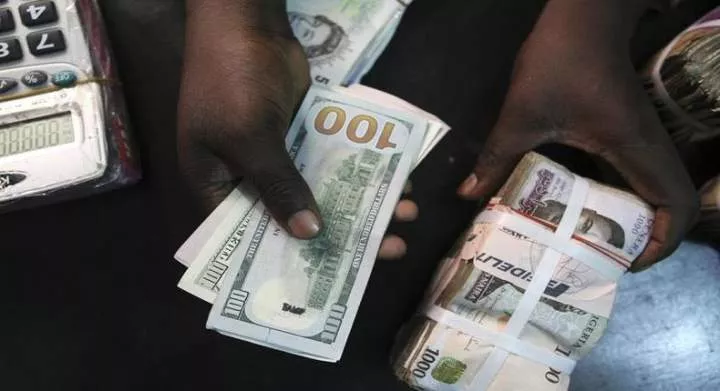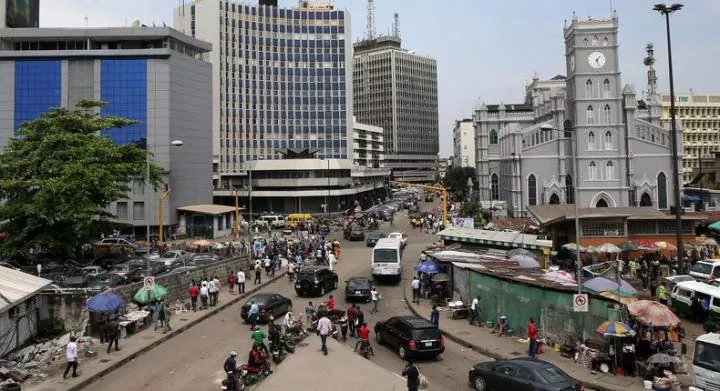
The International Monetary Fund forecasts predict that Nigeria, once dubbed Africa's largest economy, is set to relinquish its crown and slide to fourth place this year.
Egypt, which held the top position in 2023, is expected to drop to second place behind South Africa, primarily due to a series of currency devaluations.
According to the IMF's World Economic Outlook, Nigeria's gross domestic product is estimated at $253 billion based on current prices this year, trailing Algeria's at $267 billion, Egypt's at $348 billion, and South Africa's at $373 billion.
Africa's most industrialized country is projected to retain its position as the continent's largest economy until Egypt takes over the top spot again in 2027, according to Bloomberg. Nigeria, on the other hand, is expected to remain in fourth place for the foreseeable future.
Nigeria and Egypt have seen a downturn in their economic fortunes due to high inflation and a sharp devaluation of their currencies.
Since assuming the presidency of Africa's largest economy, Bola Tinubu has rolled out a series of reforms, notably implementing a currency float, removing the country's longstanding fuel subsidy, and addressing dollar shortages.
Despite a recent recovery, the naira remains 50% weaker against the dollar compared to its value before Tinubu took office.
Egypt, one of the emerging world's most-indebted countries and the IMF's second-biggest borrower after Argentina, also devalued its currency by over 35% to open the door for additional loans from the International Monetary Fund.
Unlike Nigeria's naira and Egypt's pound, the value of South Africa's rand has long been determined by the financial markets, experiencing a roughly 4% depreciation against the dollar this year.
The country's economy is anticipated to gain from enhancements in its energy supply and initiatives to address logistical challenges.
















Comments